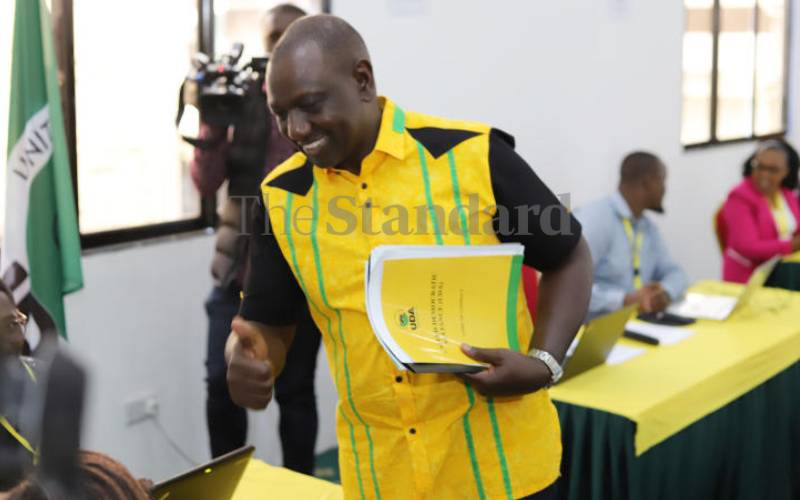×
The Standard e-Paper
Kenya’s Boldest Voice

As President-elect Dr William Ruto and his deputy-designate Rigathi Gachagua take oaths of office on Tuesday, attention will shift to the future of his party, the United Democratic Alliance (UDA).
History written in the last two decades, ruling political parties have experienced turbulence that has forced even the past presidents to ditch them for new outfits while seeking reelection.